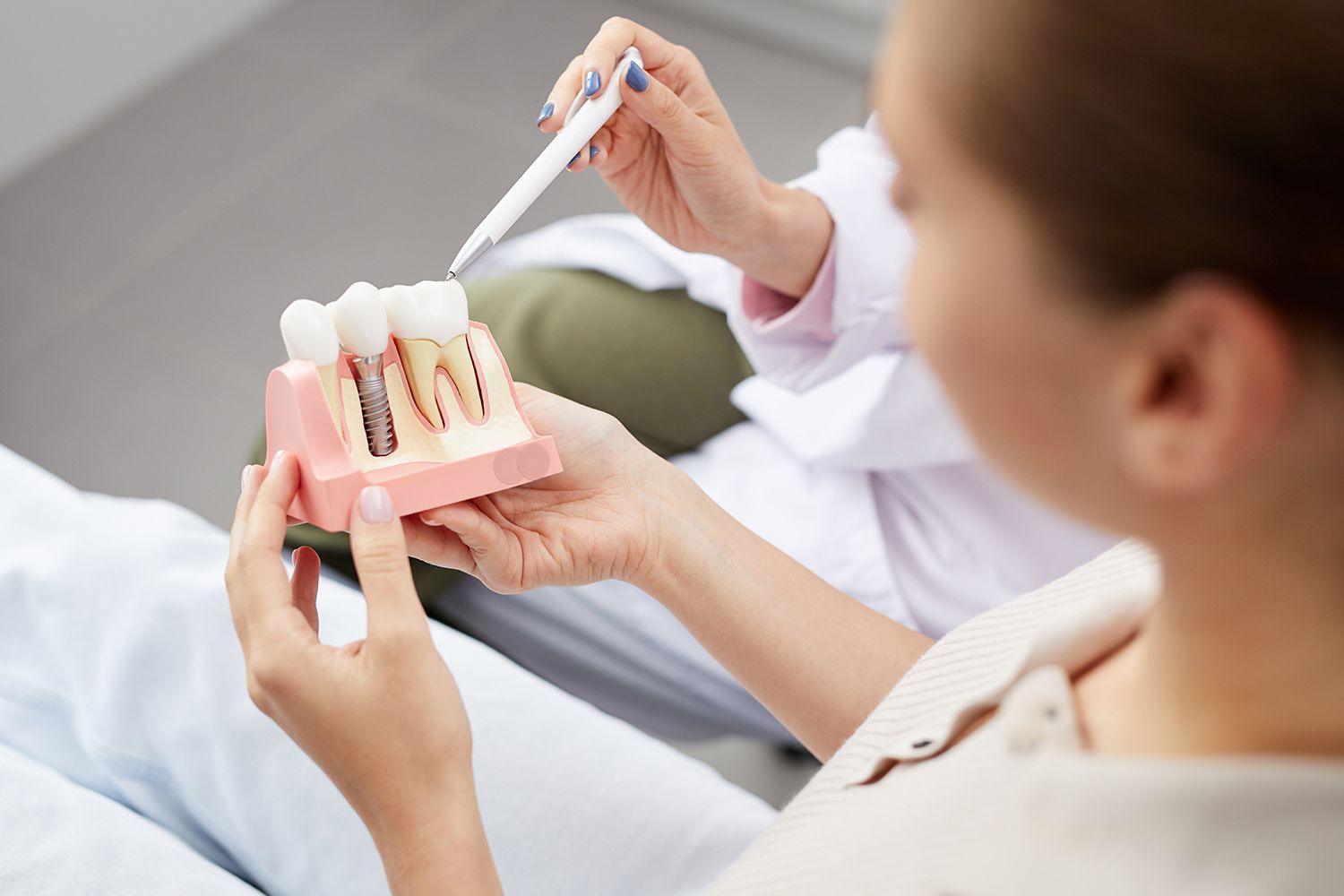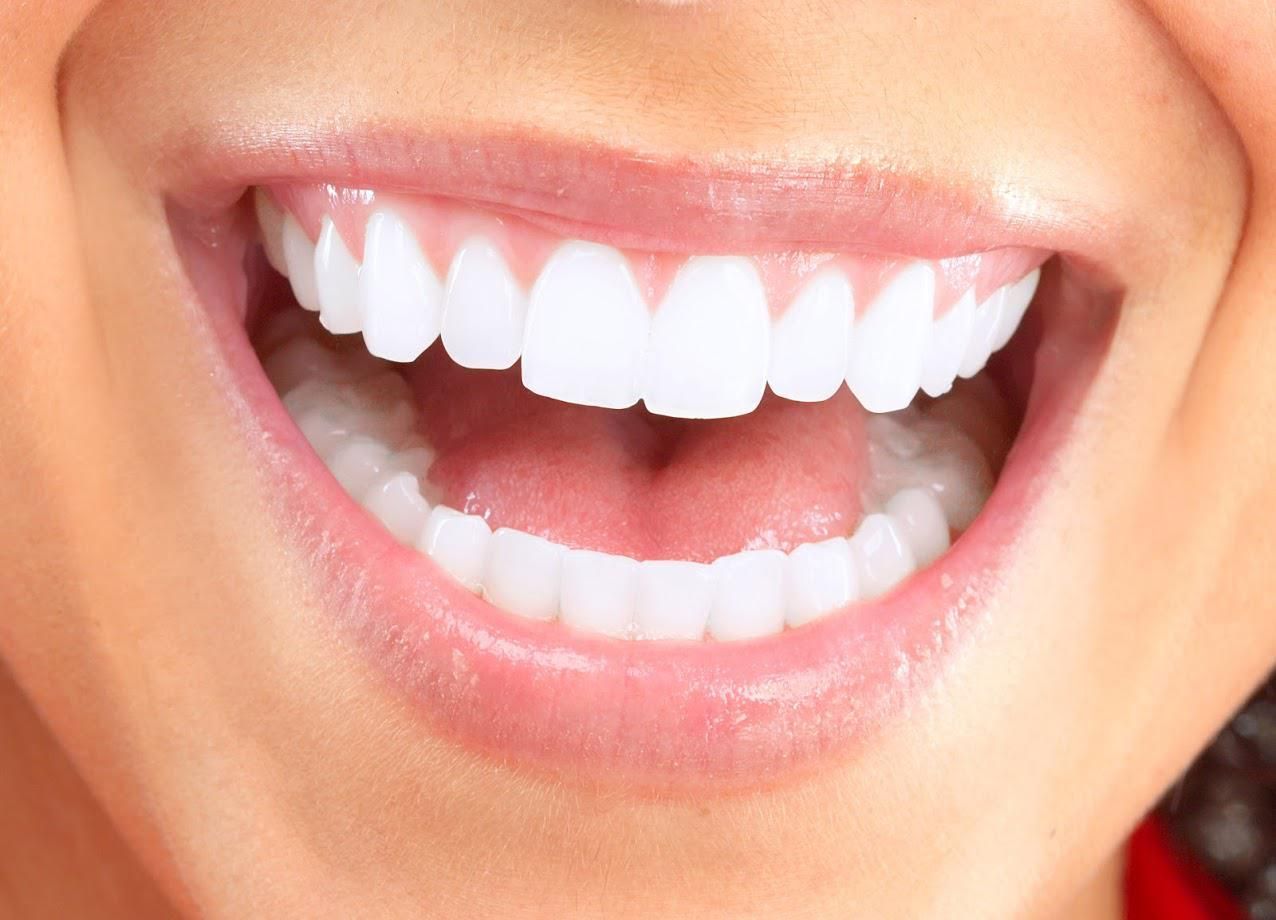Oral Health Issues You May Not Have Heard Of

While
gum disease and cavities are common knowledge, not every dental issue
is as common and well-known by the average dental patient. Sometimes,
you may even experience a dental health problem and hear from your
dentist that you're experiencing something, such as abfraction, that
you haven't heard discussed very often or at all.
Here
are some of the less well-known oral health issues that you may be
unfamiliar with.
Abfraction
Abfraction
may sound like it has something to do with fractions, but actually
the term describes a type of enamel damage. Unlike overall enamel
loss due to wear or acid attacks, abfraction describes enamel loss at
the gumline due to repeated stress.
Abfraction
damage can be identified (by your dentist) by the wedge shape of the
missing enamel at the gumline. Since the dentin tissue beneath your
enamel is quite susceptible to cavity-causing bacteria, you can
imagine how much compounded damage abfraction could allow over time.
Abfraction
can often be caused by bruxism (grinding your teeth together
repeatedly at night), which also stresses your gums and could cause
them to recede. Bad bacteria love to grow along the gumline, so if
the gums swell up or recede slightly, they could have an even greater
time building up plaque and tartar and causing cavities and gum
disease.
Tonsil
Stones
Tonsil
stones occur when bacteria and their waste products build up in the
crannies of your tonsils. Though they're a common cause of bad
breath, tonsil stones are not a popular topic of conversation. Not
only are they stinky, but they're also a bit embarrassing. They cause
bad breath, and people may feel like having tonsil stones means they
aren't great at hygiene.
However,
your tonsils may be more to blame than your hygiene. Tonsils that
have a lot of crevices and that are regularly inflamed are great at
fostering bacterial growth until you end up with these small, stinky
buildups in your tonsils.
The
types of bacteria in your mouth may also play a role, since some
bacteria are smellier than others. If you're susceptible to tonsil
stones, you may have to expend more effort reducing bacterial growth
than the average person does to avoid bad breath. For instance,
gargling with salt water frequently is one recommendation to reduce
tonsil stones.
Dentinal
Fluid Flow Problems
Although
you've probably heard of dentin (the tooth layer beneath enamel) and
possibly even dentinal tubules (the microscopic passageways that
travel through the dentin), you may not know much about dentinal
fluid and what it does. This fluid, in a healthy oral environment,
flows slowly outward through the tubules, making invasion by
pathogens more difficult.
However,
if the fluid flow slows or stops, pathogens such as cavity-causing
bacteria can more easily colonize the dentin. You don't want this to
happen, as it could be a recipe for cavities. Dentinal fluid flow is
controlled by the parotid gland, which emits a hormone known as the
parotid hormone, so you'll want to keep that gland functioning
properly.
Although
more research is needed on this subject, some of the things that
experts say affect
the parotid hormone
and
dentinal fluid negatively include things like eating too much sugar
or having mineral deficiencies or imbalances.
These
are just a few of the oral health problems that you may not be
familiar with until they happen to you. With so many things that can
go wrong with your mouth, it's critically important to not only keep
up with your at-home dental hygiene but also visit your trusted
dentist regularly.
Contact
the office of Jeffrey
L. Erwin DDS
today
to learn more about our services or to schedule your next dental
appointment. Whether you need preventive dentistry such as x-rays or
restorative or cosmetic dentistry, we're here to help.













